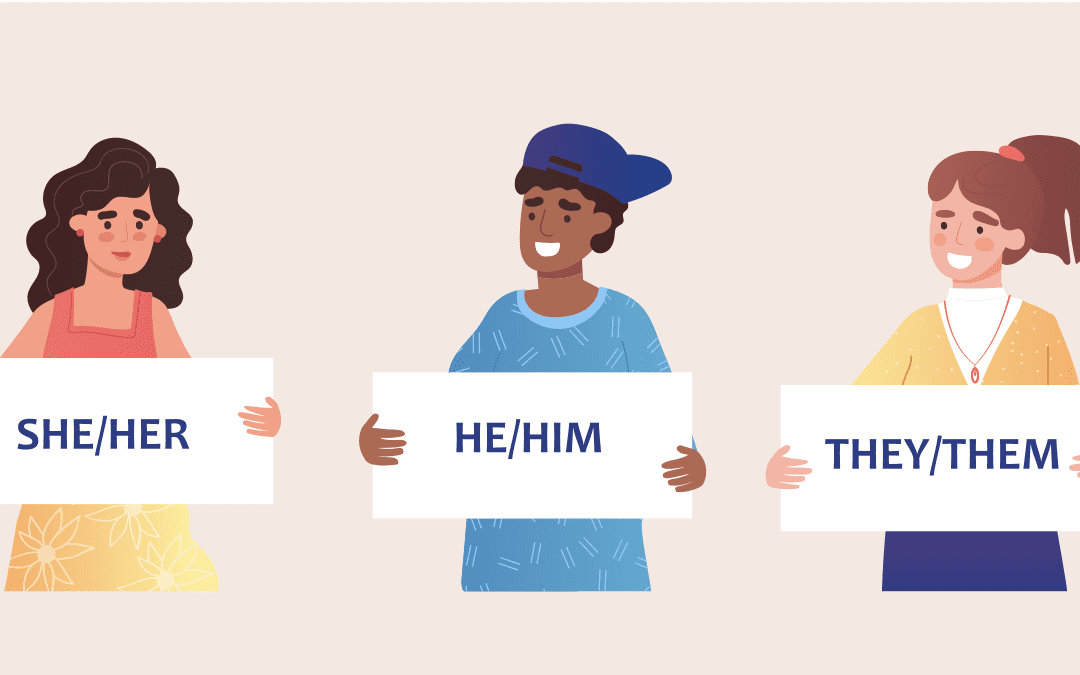The U.S. workplace has not always been friendly to older candidates trying to enter the workplace, despite an increase in legal battles against discrimination within companies. It is difficult for lawyers to win age-based cases, even though ageism occurs in many corporations. Like other forms of discrimination, ageism often goes unnoticed or unacknowledged. While small businesses are more likely to hire older, more experienced candidates for leadership roles, less than half of new managerial hires at larger companies are persons over the age of 45.
As new applicant to a company, those in the baby boomer generation are often immediately removed from the candidate pool. If they graduated with a college degree in the 70’s or 80’s, bots or HR managers will often remove these applications despite them being fully qualified for the job.
More than half of adults in the United States are 45 years old or older, representing a large portion of the population. It should be a goal for workplaces to employ a wide range of ages in order to reflect the diversity in a talented candidate pool.
Ageism is based in the idea that someone can be “past their prime” or that beyond a certain age, people no longer have potential and can’t contribute to society. This idea is harmful for everyone, but especially for older people trying to pursue their careers.
While older professionals bring valuable experience to the workplace, other myths about what it means to be “old” have permeated into the workplace. Myths such as anyone in the last third of life expectancy may have failing mental capacity or physical disabilities that would prevent them from doing the job, and the perception that older people are hard to please, unwilling to move forward with change, and won’t be receptive to new technology.
While there is much evidence that challenges these pervasive perceptions, these stereotypes are still found throughout the hiring process. In an industry that is working to remove bias and discrimination from its practice, many HR and DEI leaders have inadvertently left age out of the conversation about inclusion. Older candidates have a lot to offer and should be considered based on their skillset rather than judged on their age.
The value of hiring an older candidate is that they could have more years of experience that help them to contribute in a way that less experienced candidates cannot, adding to the diversity of viewpoints on your team. Studies have shown that diversity on a team leads to better performance, and ultimately leads to more profitability.
HR managers are in a unique position of power when it comes to combating ageism. It’s up to those in recruiting and hiring positions to choose not to throw out applications from candidates simply because of their age. As with other diversity hiring discussions, age should not be a determining factor when hiring a candidate, especially considering the pandemic and economic recession where highly experienced professionals may be changing careers or looking for a new job.
Consider how age has played a role in your decision-making while recruiting candidates in the past and make it a goal to remove ageism from your recruitment efforts moving forward. Contact a recruitment expert with YM Careers Network to learn how you can efficiently hire the highest quality candidates, regardless of their age or diversity status.

